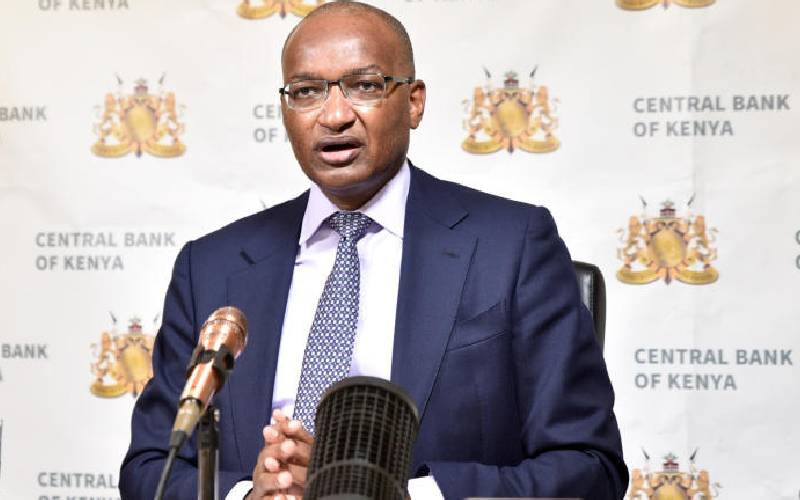×
The Standard e-Paper
Join Thousands Daily

Financial institutions including commercial banks, microfinance institutions and Savings and Credit Co-operative Societies (Saccos) have raised jitters over the inability of tens of thousands of civil servants to meet their loan obligations due to delayed salaries.
The government has delayed paying March salaries for most of its public sector workers due to a major financial crisis. Civil servants and unions have now threatened to down their tools from tomorrow as they report back from the Easter holidays.